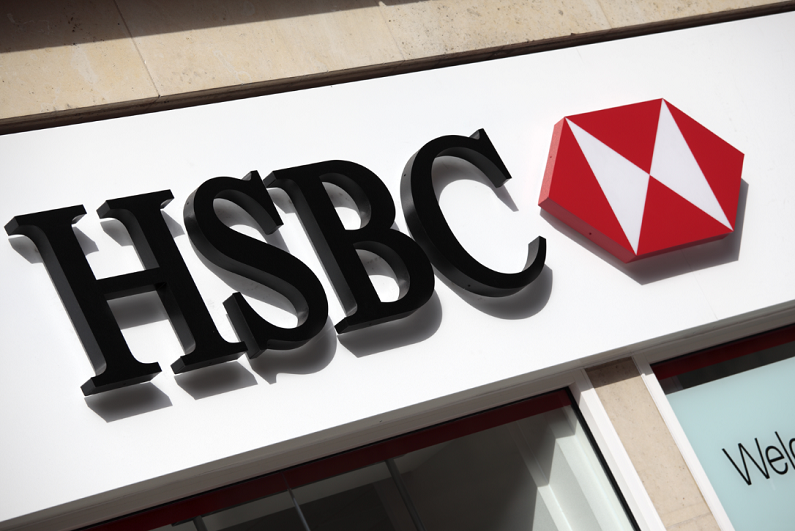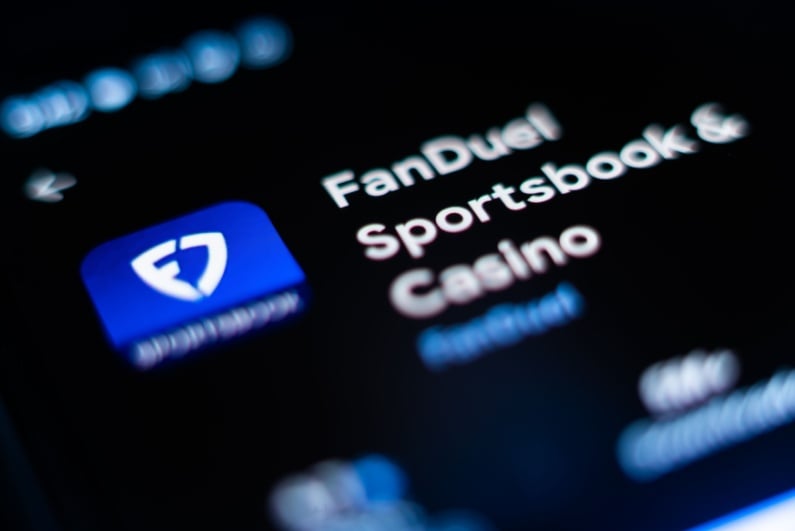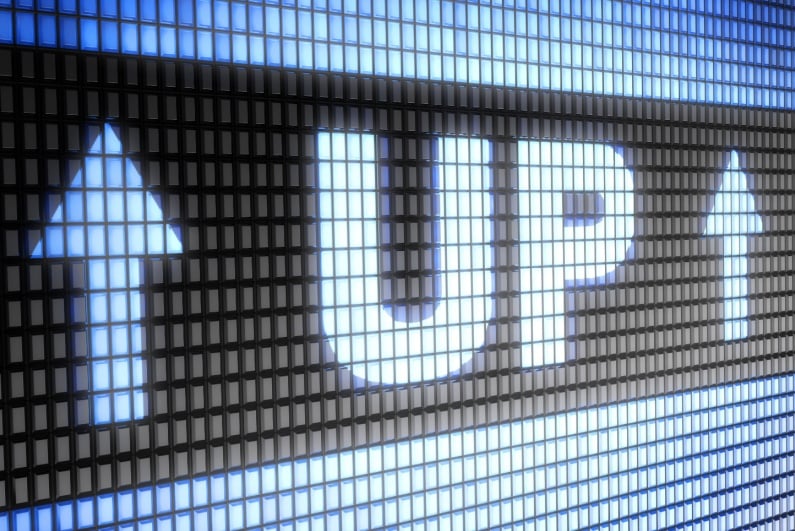Self-exclusion will cover all gambling
HSBC, Europe’s largest bank, has announced that it will give its UK customers the ability to self-exclude from gambling transactions. The self-ban will include both online casinos and sports betting shops.
Customers who put the gambling block on themselves will be able to reverse it. Unblocking, though, will require a 24-hour wait.
Bank working with problem gambling organizations
Problem gambling charities GambleAware and GamCare designed the self-exclusion program with HSBC. GamCare has also assisted the bank in how to handle calls from customers who reach out, concerned about their gambling. HSBC fields more than 12,000 such calls per year.
Dr. Heather Wardle, assistant professor and gambling behavior researcher at the London School of Hygiene and Tropical Medicine, told The Guardian that financial institutions need to accept their share of responsibility for problem gambling. She commented:
The financial sector is a key enabler of the gambling industry – without them online gambling couldn’t exist.”
Self-exclusion programs have worked at other banks
Several other banks, including Barclays, Starling, and Monzo, have previously implemented a similar self-exclusion policy. The significance of HSBC stepping up is that it is the largest UK bank to do so.
Last October, BBC Radio detailed the struggle of Danny Cheetham, who began gambling in his early 20’s. By his mid-20’s, he was taking out payday loans to pay for his gambling addiction. He estimated he had lost more than £50,000 ($64,176) betting and ended up suffering from depression.
The death of his mom in 2015 was the catalyst for him to try to help himself. Cheetham opted-in to Monzo’s self-exclusion program. The online-only bank is able to determine if an attempted purchase is for gambling and block it immediately.
Monzo’s program helped Cheetham kick his gambling habit and three years after he turned it on, he had money in his bank account and was nearly debt-free. Cheethamd told BBC:
I just don’t feel like it’s an endless battle anymore.”
Monzo launched its gambling self-ban program in June 2018 and by October 2018, 25,000 customers had signed up.
Competitor launched gambling counseling program
NatWest, part of The Royal Bank of Scotland Group and one of HSBC’s competitors in the UK, launched a different type of problem gambling program just a couple weeks ago. Also partnering with GamCare, NatWest will offer its customers gambling counseling sessions at its branches. The trial will start with thirteen branches.
The bank is considering a self-exclusion program, but has yet to take that step. For now, it wants to help people who might not feel comfortable going to a traditional counseling center.




